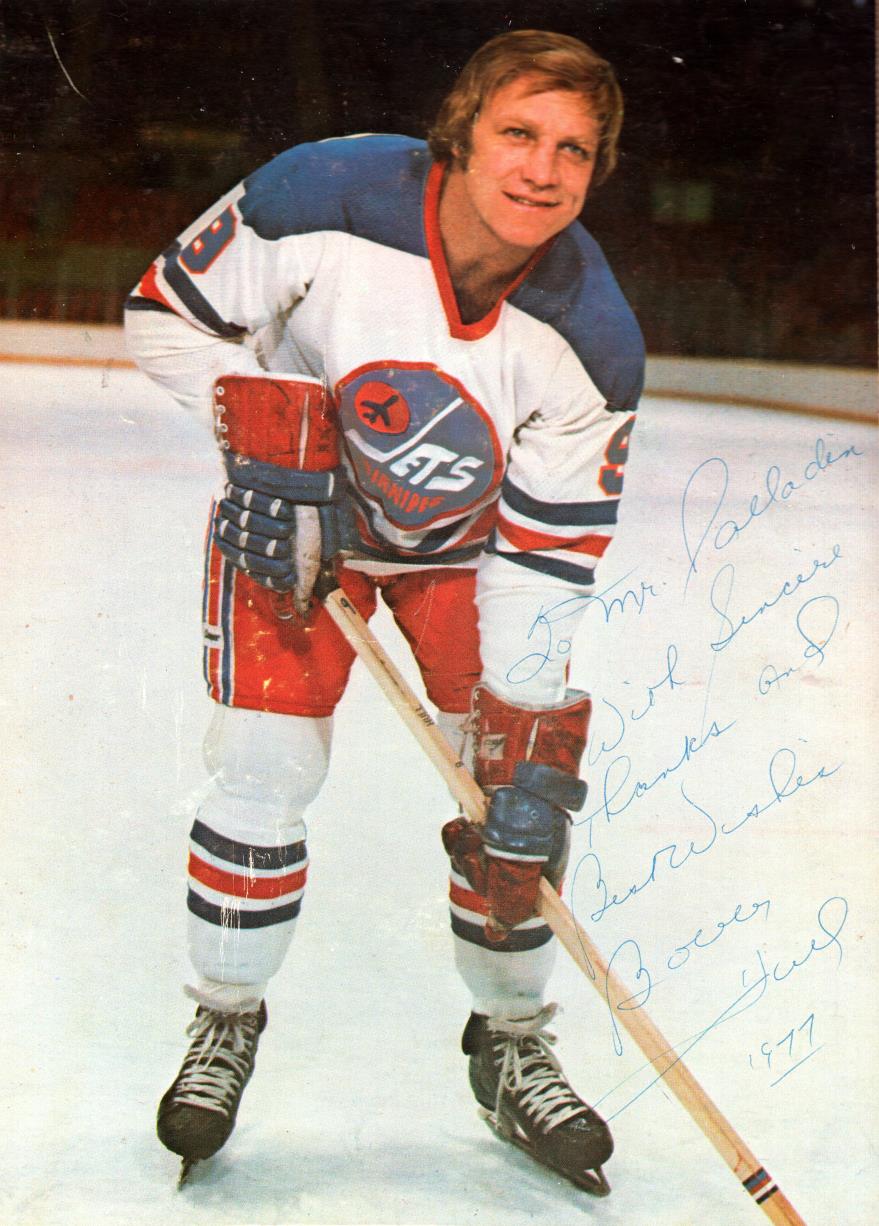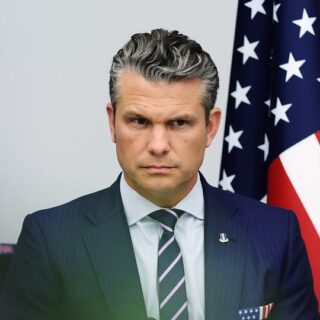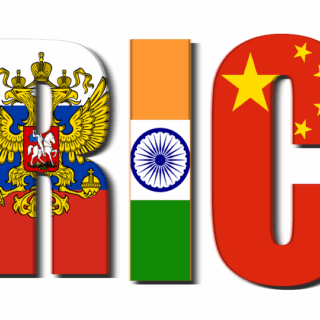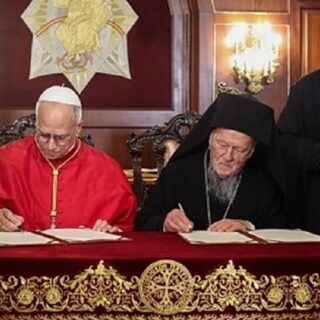
A few days ago Washington Capitals forward Alexander Ovechkin broke the long-standing NHL record for goals scored, eclipsing the mark the legendary Wayne Gretzky set more than 25 years ago.
By doing so Ovechkin generated an incredible surge of jubilation by millions of Russians. Personally, I can’t remember anything like that since the times when our hockey players defeated, often with crushing scores, the best teams of Canada and the USA, forcing their opponents to bow their heads and take off their helmets during the performance of the Soviet national anthem.
In 1979, in connection with the 25th anniversary of the first-ever victory of our hockey players in the world championships which was achieved in the decisive match with founders of this Game (that’s how Canadians call hockey), I interviewed Canadian veterans of that tournament. Moe Gayland, their best sniper, said: “Your players are true champions! Please say hello to Bobrov!”
Gayland meant Vsevolod Bobrov, leader of the Soviet team that in 1954 for the first time in history beat Canadians and won the title of the best in the world only 7 years after ice hockey set foot in the USSR. Also, Bobrov was (and still is) the only athlete in the whole world who took part in both Winter and Summer Olympics as captain of national hockey and soccer teams, inspiring Yevgeny Yevtushenko to write a poem where he called him “Shalyapin [world famous opera singer — A. P. ] of Russian football, Gagarin of the puck in Russia.”
Canada’s hockey historians, brothers Darril and George Fosty, took their hats off to Bobrov’s achievements, too. In 18 games of the USSR hockey championship, held in 1947-48, Bobrov scored 52 goals — almost 3 goals per game. 4 years later, he set another record that is still unbeaten in Russia — 10 goals in one single game. This was followed by Bobrov’s another outstanding performance in national tournaments — 2.18 goals per game.
“For comparison,” Fosty brothers noted in their research “Red Storm: Russian Ice Hockey from 1898 to 1954,” “Wayne Gretzky set an NHL record in the 1983-84 season, scoring an average of 1.18 goals per game.”
In 1974, I met the legendary Bobby Hull for the first time, and he said: “I’ve got lots of achievements and the only thing I regret is that I missed an opportunity to come to your country for a year or so to get trained by Tarasov.” This way “The Golden Jet’, one of the greatest players of all time, recognized the unparalleled talent of Anatoli Tarasov who helped establish the Soviet Union national team as the dominant force in international competition and became the first representative of Soviet hockey to get inducted into Canada’s Hockey Hall of Fame. Nearly 51 years ago his picture was placed there with photo caption: “Anatoli Tarasov, true Builder of the game.”

In mid-70s, large groups of up to 100 Canadian and American hockey specialists landed in Moscow every summer. The USSR Sports Committee organized 3-week seminars for them, where they learned how to train top-notch hockey players. (Ironically, in 1954, on the eve of the decisive match in Stockholm between the Soviet and Canadian teams for the world champions title, a Swedish newspaper published a cartoon depicting a Soviet hockey player as a student listening to a Canadian in professor’s robe. And after that game, The Ottawa Citizen ran a report headlined “Russians Teach Canadians Lesson in Stickhandling”).
The invitation to those events included an appeal from Fred Schero, famous coach who made the Philadelphia Flyers club the strongest in the NHL: “The Moscow seminar should be included in mandatory training programs of any hockey specialist. For me, at least, the course I attended in 1974 was an unforgettable event. Russians’ scientific approach to the sports development makes a stunning impression.”
During my stay in Canada from 1973 till 1979 as a reporter, I was the first to introduce Wayne Gretzky to Soviet readers. He earned the title “The Great Gretzky” when he was only 11, and later he set the NHL record for goals that Alexander Ovechkin broke last week.
Few know, though, that Alexander caught up with Gretzky much earlier, when he played for Russia’s national team. Ovechkin won the world champion title 3 times, while Gretzky, as part of the “Maple Leafs” national team, took part in 8 international tournaments of the highest rank and also was a winner 3 times. It happened, though, in Canada Cup tournaments, pretty specific events arranged in North America in utmost comfortable conditions for Canadian teams.
Besides, in his games with Soviet teams, Wayne barely resembled the Great Gretzky. In summaries of personal achievements on those occasions his name was mentioned less often than usual. Firstly, this happened in front of myself at the very end of 1977 during the World Junior Hockey Championship held in Canada.
Playing against the USSR team, Wayne, who had scored points for goals and assists in every previous game with USA, Czechoslovakia, Sweden and Germany, failed to score one single point and left the famous Forum arena in Montreal defeated along with his own team.
The same thing happened in 1981, too, in the decisive match for Canada Cup, when the USSR team crushed the Maple Leafs team (8:1) and The Great Gretzky again left the ice with a zero result. Thus, everything is relative in this world, and hockey is no exception.
Those glorious times when Soviet hockey players won matches with Canadians and Americans time after time, giving the USSR citizens an indisputable reason to feel proud of their compatriots, who earned sincere admiration for their skills by millions of people around the world, including Canada and the USA, have sunk into oblivion. From 1954 to 1991, Soviet hockey players became world champions 22 times and winners of Winter Olympics 7 times.
Achievements of their successors, hockey players of the Russian Federation, in world competitions are much less impressive. During a similar period of time — only 5 world champion titles and 1 Olympic gold medal. And today, Russian hockey fans have to rejoice at NHL records set by a compatriot who plays for an American team and scores goals in his games with other American and Canadian clubs.





